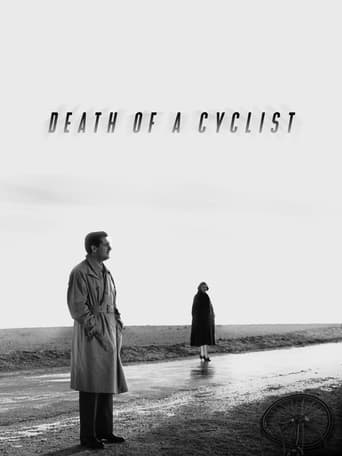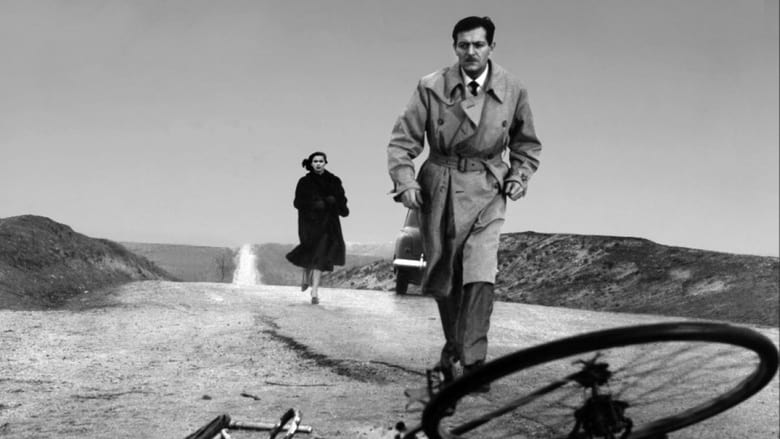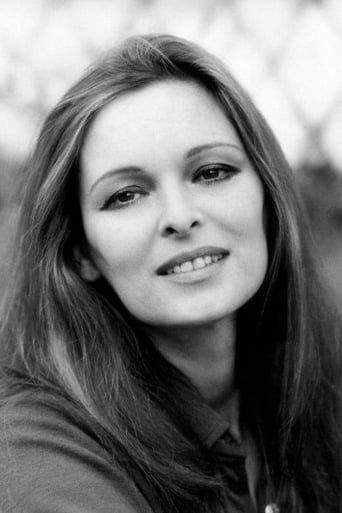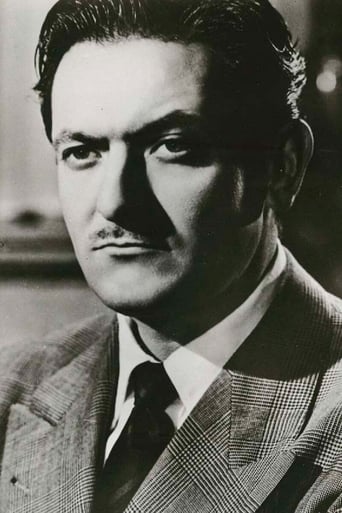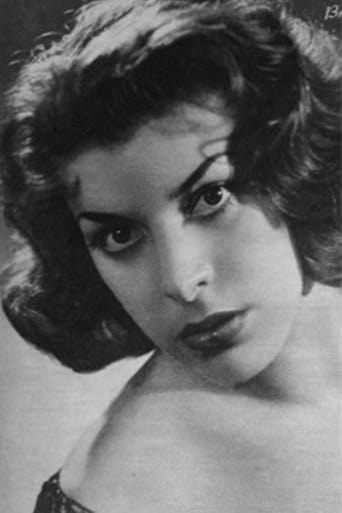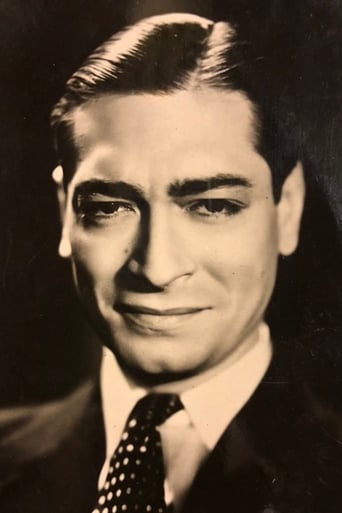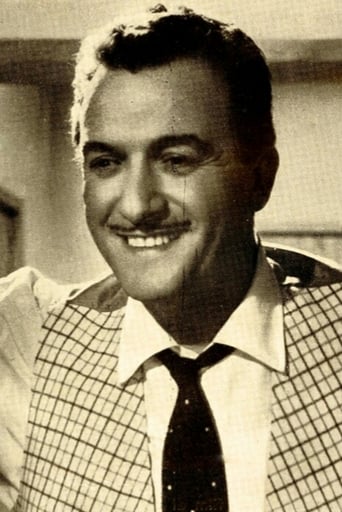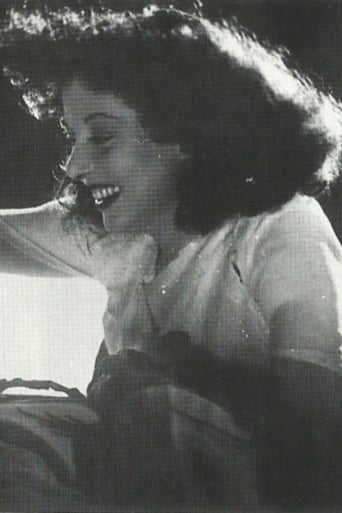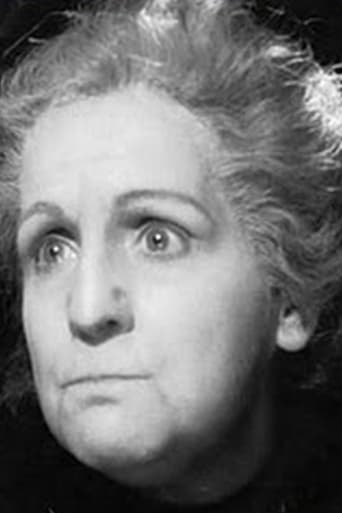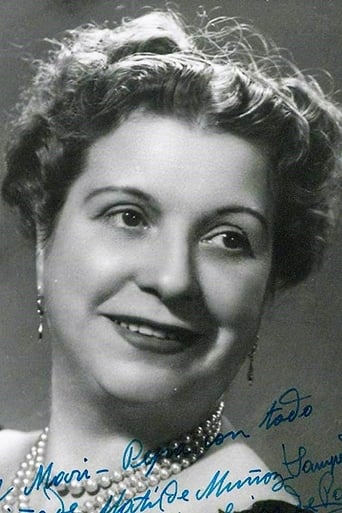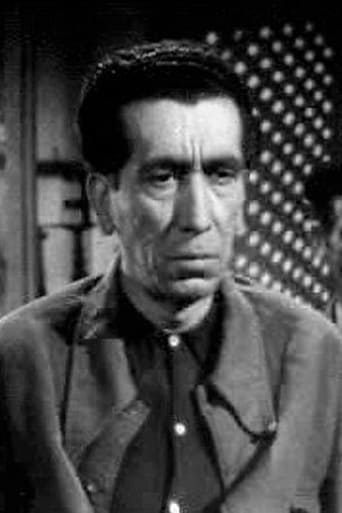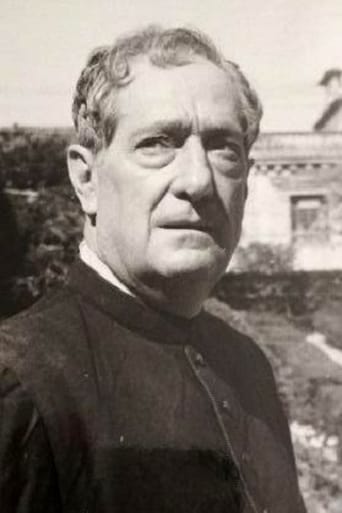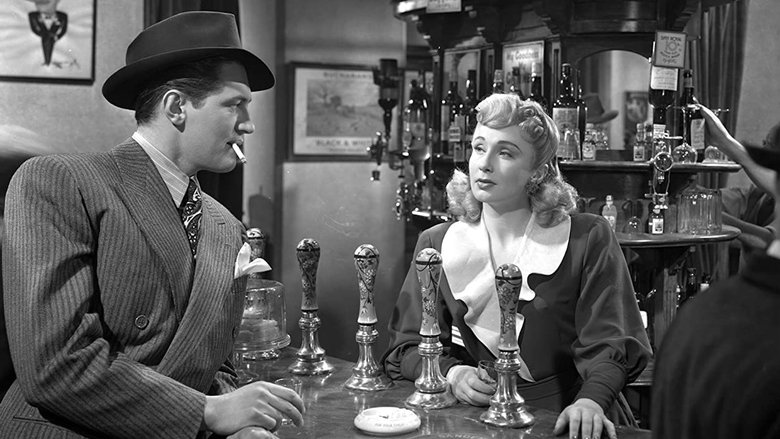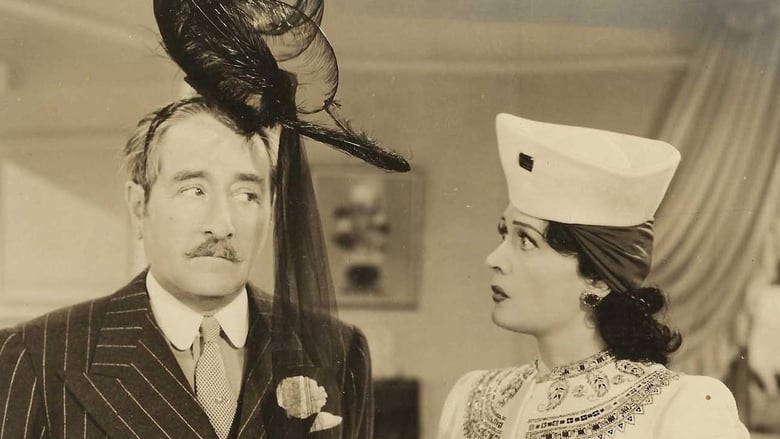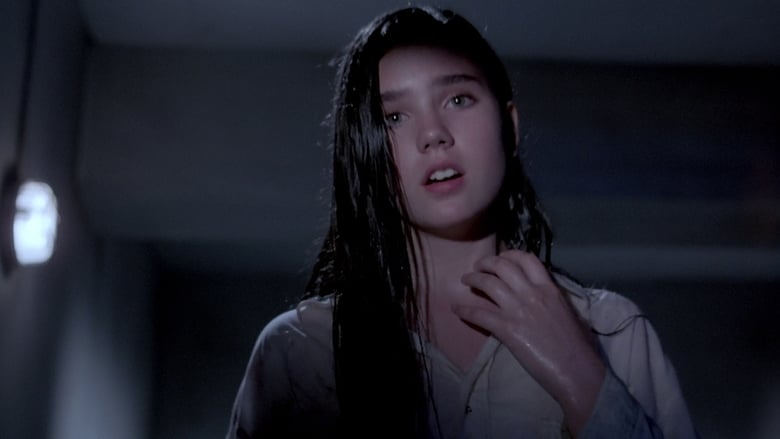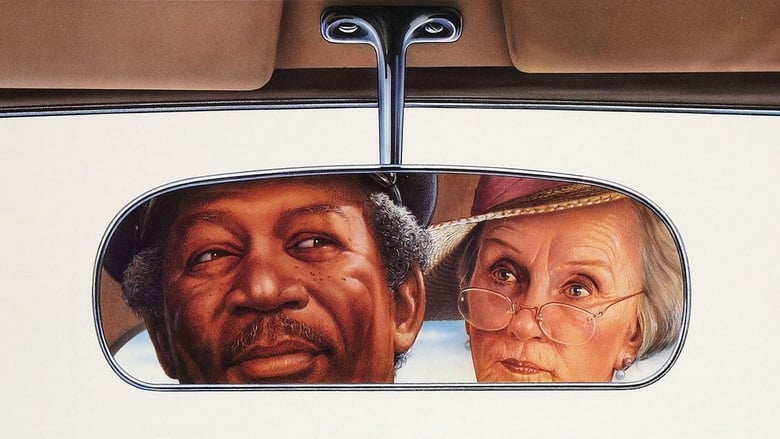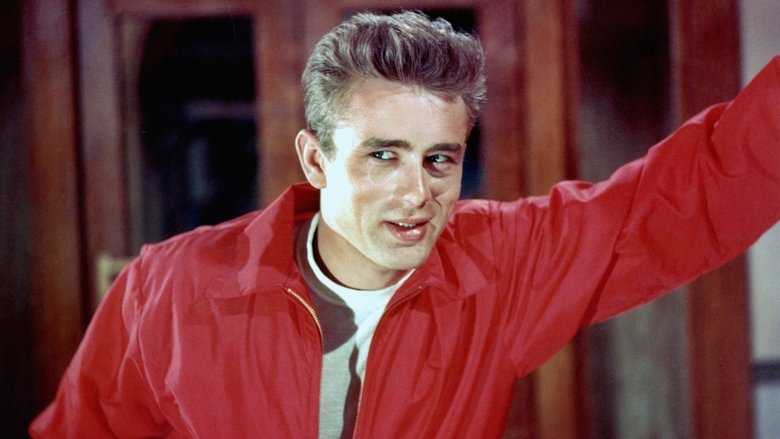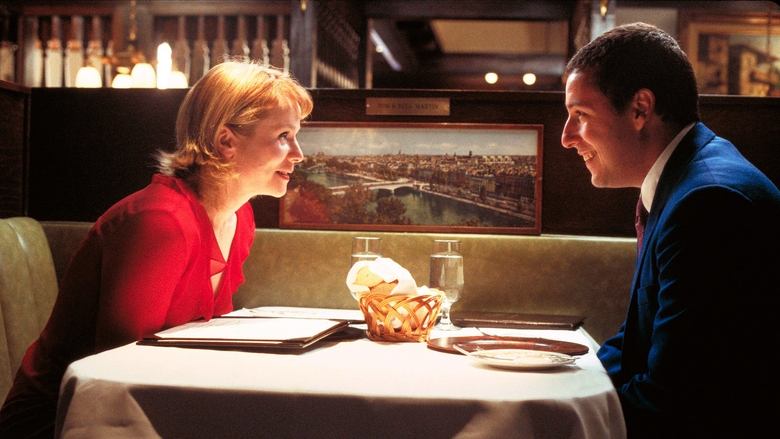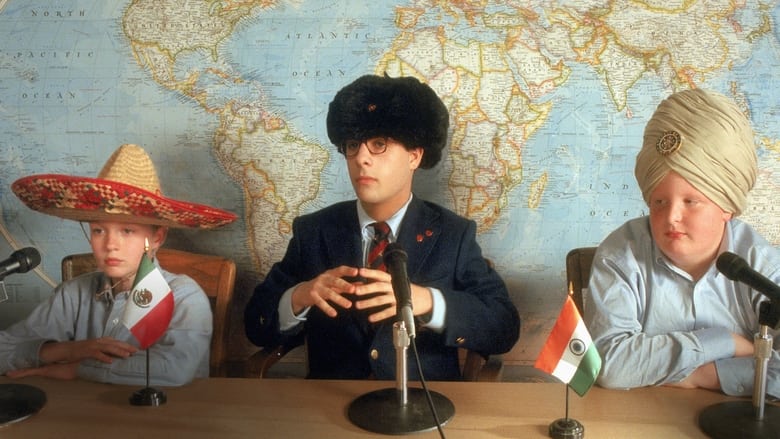A couple having an affair strike a bicyclist with their car and do not offer aid out of fear of their relationship being exposed.


Similar titles
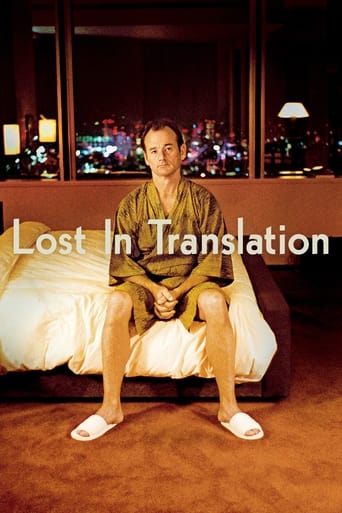

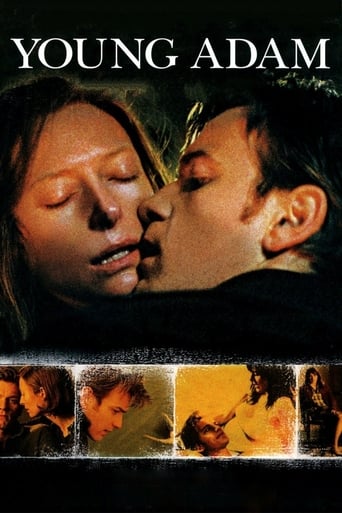
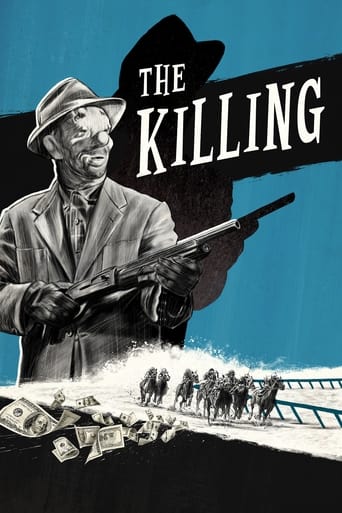
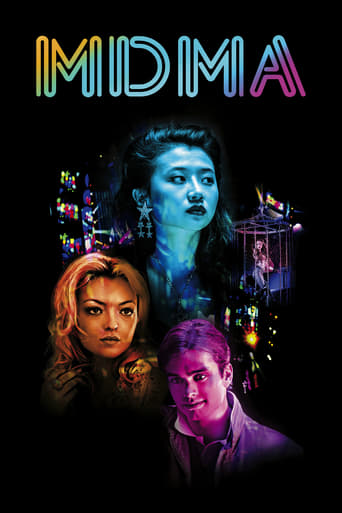
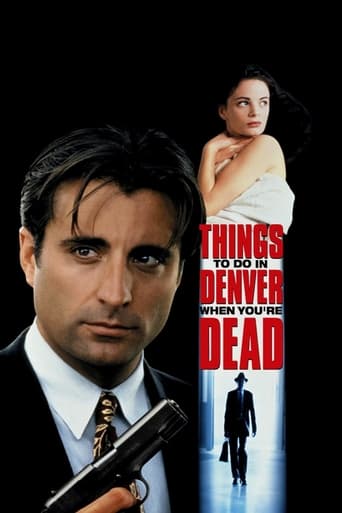
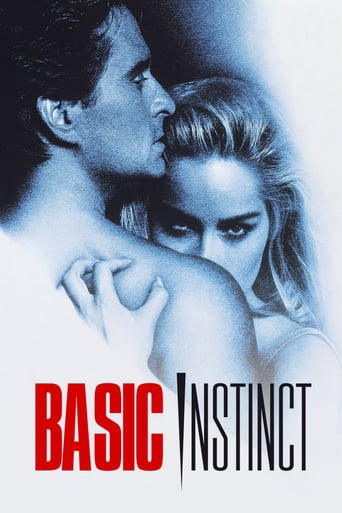
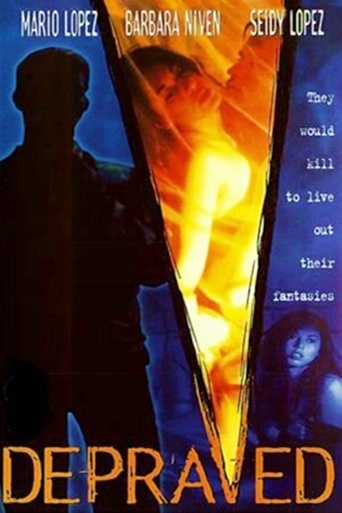
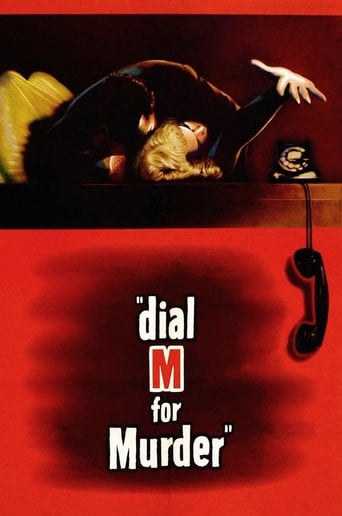
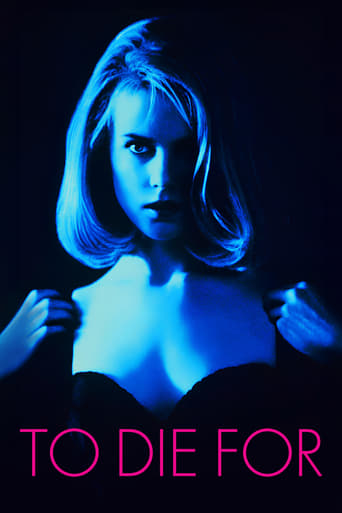
Reviews
Spanish writer-director J.A. Bardem's (yes, he was the uncle of Javier Bardem from maternal side) guilty conscience drama stars Italian belle Lucia Bosé as Maria Jose, a young woman who is married with a rich husband Miguel (Toso), but on the quiet, she rekindles the affair with her old flame Juan (Closas), who is stuck in a job as a university's adjunct professor, which he doesn't like, by dint of nepotism which he also consciously detests.In the stark opening shots, we see a cyclist insouciantly riding out of the low-hanging frame, then a vintage car rushes from the opposite side, and it abruptly stops, viewers don't directly witness the accident, it is Maria Jose, who is in the driver's seat with Juan riding the shotgun, they are heading back to the city from their regular tryst, and manifestly, Bardem informs us Juan is the one, whose conscience encourages him to rescue the still-breathing cyclist, but Maria Jose, in a classic femme fatale mold, simply nips the idea with her dour look and both leave hurriedly from the scene, hoping that they haven't been seen by any curious onlookers.Lucky for them, it turns out nobody witnesses the accident (claims by the newspaper), the cyclist died, but paranoia starts to gnaw at the two lovers, a slimy art critic Rafa (Casaravilla), a frequent guest of upper-class parties which Maria Jose and Miguel often hang out at, or sometimes host, sneakily suggests that he has seen and known something despicable between Maria Jose and Juan, which drastically pesters a high-strung Maria Jose; while Juan, distracted by the escalating guilt, one-sidedly halts the exam of a student Matilde (Corrà), which eventually stimulates a mass protest from the students, yet, on a brighter side, it reignites Juan's derailed moral sense, he prepares to convince Maria Jose to turn themselves in for the crime, but, is she ready to give up all the glittering trappings of an affluent marriage? The reactions to the opening accident presage the film's finale, regardless, they must pay for their misdeeds, Jardem will use whatever comes handy to let poetic justice reign in the upshot.It seems that subtlety and rhetoric is not Jardem's strongest suit, adorned by a neorealism- inspired efficiency and highly expressive close-ups to follow the characters' movements and actors' (sometimes hammy, I'm not referring to you Mr. Casaravilla) delivery, the film sticks to a conventional and even somewhat stiff narrative arc without intricacy to animate the pair's doomed downward spiral (admittedly, my eyelids were struggling for separation in the scenes where Juan experiences a facile epiphany), a doe-eyed Closas and an over-mature Bosé cry out for the potency of their professed affection, which should've made the denouement more poignant. Overall, DEATH OF A CYCLIST stings as Jardem's diatribe against the decaying and morally- corrupted upper-class of Spain under Franco's dictatorship, only it seems a shade stilted from the eyes of a today's first-time viewer.
It may be a social commentary on the Spanish bourgeois, but there's just enough passion, murder and betrayal to counterbalance the sermonizing in Muerte de un ciclista. On an empty road, an adulterous couple hit a bicyclist with their car. To avoid revealing their affair, Juan and Maria Jose abandon the man, who subsequently dies from his injuries. What follows is their struggle to keep their crime and relationship a secret. Several themes are predominant. The tragedy wrought by war, which in this case was the Spanish Civil War. The striking disparity between the wealthy and poor. The condemnation of the corrupt elite. The just punishment of the wicked. Director Juan Antonio Bardem is to be commended for creating a film that criticized Spain's ruling class during the repressive era of Franco. That said, the movie comes close to preaching occasionally, hitting us over the head with Juan's realization that he must break free of the conformity that his wealth and status restrict him to. However, the plotting is tight and consistently suspenseful from all the intrigue and scheming going on. One pivotal scene that builds suspense while also displaying the Spanish bourgeoisie in all its glory takes place in a flamenco club. Using no dialogue, Bardem masterfully increases our apprehension that the pair's sins will be discovered, cutting back and forth between tense faces and panicked eyes in close up camera shots. The characters are also well developed. Maria Jose is particularly fascinating. Beautiful, privileged, and as we ultimately discover, a cold mercenary and deadly femme fatale. Her death by bicyclist may strike some as being too trite in its irony, but for those who like their movies wrapped up at the end, it is satisfying to see that the evil are punished.
Great film; a bit long. And I want a happy ending. And where is the colour?A short introduction about colour: Color or colour (see spelling differences) is the visual perceptual property corresponding in humans to the categories called red, yellow, blue and others. Color derives from the spectrum of light (distribution of light energy versus wavelength) interacting in the eye with the spectral sensitivities of the light receptors. Color categories and physical specifications of colour are also associated with objects, materials, light sources, etc., based on their physical properties such as light absorption, reflection, or emission spectra. By defining a colour space, colours can be identified numerically; for example, by their unique RGB and HSV values (see List of colours).Typically, only features of the composition of light that are detectable by humans (wavelength spectrum from 380 nm to 740 nm, roughly) are included, thereby objectively relating the psychological phenomenon of colour to its physical specification. Because perception of colour stems from the varying sensitivity of different types of cone cells in the retina to different parts of the spectrum, colours may be defined and quantified by the degree to which they stimulate these cells. These physical or physiological quantifications of colour, however, do not fully explain the psychophysical perception of colour appearance.The science of colour is sometimes called chromatics. It includes the perception of colour by the human eye and brain, the origin of colour in materials, colour theory in art, and the physics of electromagnetic radiation in the visible range (that is, what we commonly refer to simply as light).
Juan Antonio Bardem's "Muerte de un ciclista" was discovered in a Cannes Film festival where it received the International Critics' Award, where it was shown out of competition. Spain was living the years after the Civil War under the Franco regime. The Catholic church dominated everything in the country. It was indeed a miracle the film even was screened! The film aroused curiosity because of the way it was received outside the country. The censure deemed it a "gravely dangerous" film, thus limiting a possible audience.Mr. Bardem was part of a Communist minority that didn't leave the country after Franco came into power. He, and several other film makers decided to stay and make films in which a lot of symbolism was insinuated in the stories they presented. The director despised the Spanish bourgeoisie, who supported Franco in order to justify their excesses. This film came out of an impoverished Spain in which one notices the contrasts between the classes immediately.Maria Jose, the beautiful society matron, and Juan, a man from a good family, but who hasn't amount to anything, were having an affair. As the story opens, we watch the car where they are traveling during a rainy and overcast day on a lonely stretch of a country road. Maria Jose, who is driving her car, accidentally hits the cyclist. Juan gets out of the car to see the condition of the cyclist. Noticing he is in bad shape, he tells Maria Jose, who is horrified. She prefers to leave the man on the road to fend for himself as they flee the scene of the crime.The accident is a catalyst in their illicit relationship. Maria Jose cares more about her good name and her status in society and what it will do to her and her husband. Juan, on the other hand, struggles with his own conscience. To make matters worse, Juan, a university professor makes the mistake of shutting up one of his female students who is working a math problem. Maria Jose's life takes a turn when Rafa, a critic that moves in her circle, insinuates he knows about her affair, without coming out in the open.Their guilt play tricks on the lovers. Their love suddenly is challenged by Rafa, who is a dangerous man. Rafa will stop at nothing in his desire for Maria Jose as it appears he will try to black mail her at all costs. Jose, who can't live with his conscience anymore decides to turn himself in. Maria Jose will not let him; she will do anything to stop him, even hitting him deliberately with her own car. Maria Jose, in her frenzied state, almost hits another cyclist, in avoiding hitting the man, she ends up going off the bridge.Mr. Bardem, who contributed to the screen play of the film with Luis Fernando de Igoa, wanted to show the hypocrisy of the upper classes in their collaboration with Franco. He also pointed out to the nepotism that was rampant during those years the way that Juan gains a position thanks to his influential brother. Matilde, the young female student, and her class mates at the university, point out to the new type of citizen that would question the system under Franco.The sublime Lucia Bose, one of the most beautiful faces in the Italian cinema of the years after WWII, is one of the best things in the film. She is equally matched by Alberto Closas, who gives his Juan the right tone for his character. Carlos Casaravilla, makes a wonderful villain, Rafa, the man who is a parasite and envies the moneyed types that tolerate him and use him. Bruna Corra, who is seen as Matilde, has some good opportunities.The black and white cinematography by Alfredo Fraile shows us the Spain of the 1950s that evokes some of the best Italian masters of the era. Isidro Maiztegui's musical score works well with the film. Ultimately this film stands together with another Juan Antonio Bardem's masterpiece, "Calle Mayor", as two of the most important works of the Spanish cinema, bar none, an achievement if considered the times in which they were done.
